Feeling stuck in a job that doesn't quite ignite your passion? Or maybe you're looking to switch and explore a new field entirely. Whatever your career aspirations might be, there's an exciting pathway waiting for you – Vocational Education and Training (VET)!
Think of VET as your personal guide to a fulfilling career. It's all about equipping you with the practical skills and industry knowledge that employers are craving right now. Imagine graduating with the confidence to tackle real-world challenges and make a genuine impact in your chosen field. Sounds pretty good, right? But the benefits of VET go way beyond just learning cool stuff. We're talking about fast-tracking your career, achieving that perfect work-life balance, and opening doors to exciting new opportunities. So, get ready to discover how VET can empower you to take charge of your future!
What is VET?
Alright, let's break it down. VET stands for Vocational Education and Training, and it's basically nationally recognized programs designed to get you job-ready, fast. Unlike university degrees, VET programs are all about practical skills and industry-specific expertise.
Think of it like this: universities give you the foundation, while VET equips you with the tools to build a successful career. You'll master the in-demand skills employers are looking for, so you can hit the ground from day one.
VET programs come in all forms, with Certificates, Diplomas, and Advanced Diplomas catering to different levels of career goals. The best part? They're all designed to be flexible and accessible, fitting smoothly into your busy life.
So, whether you're a recent high school grad, a seasoned professional seeking a career change, or someone who simply wants to upskill, VET always has something to offer you!
Why Choose VET?
What makes VET the perfect choice compared to other options? Let’s learn why:
Fast-Track Your Career: Looking to fast-track your career without spending years in a classroom? Vocational Education and Training (VET) might just be the answer you're looking for. Unlike traditional university degrees that can take several years to complete, VET programs offer shorter durations, allowing you to enter the workforce sooner and start making an impact. We're talking months, not years, to gain the skills you need to thrive!
Industry-Ready Skills: Textbooks are great, but there's nothing quite like real-world experience. VET programs prioritize hands-on learning, ensuring you graduate with the practical skills employers are actively seeking. You'll be putting your knowledge to the test through simulations, projects, and even workplace placements, making you a highly sought-after candidate.
Flexible Learning Options: Life can be busy, but that shouldn't hold you back from achieving your career goals. VET offers incredible flexibility with full-time, part-time, online, and blended learning options. This flexibility enables you to balance your studies with work, family, and other responsibilities.
Career Advancement: VET qualifications are not just about getting a job; they can also make the way for career advancement. With a VET qualification, you'll have the opportunity to further your education or pursue promotions within your industry.
Becoming a Vocational Trainer and Assessor: Requirements
Before you start to gather documents for becoming a certified Vocational Trainer and Assessor, there are some essential qualifications you'll need to acquire.
Here's a breakdown of the key requirements:
Formal Qualifications: You'll need a vocational qualification relevant to the area you wish to train and assess in. This could be a Certificate, Diploma, or Advanced Diploma in your chosen field.
Training and Assessment Skills: Obtaining a nationally recognized qualification like the TAE40122- Certificate IV in Training and Assessment prepares you with the skills to design, deliver, and assess VET programs. This qualification is your golden ticket to the world of VET training and assessment!
Industry Currency: Staying up-to-date with the latest industry trends and practices is vital. Continuous professional development ensures you're delivering the most relevant and valuable training to your students.
The Australian Skills Quality Authority (ASQA) regulates VET nationally. They outline the specific requirements for trainers and assessors in their Fact sheet—Meeting trainer and assessor requirements.
Finding Your Perfect Fit: Choosing the Right VET Course
With so many amazing VET courses at your fingertips, choosing the right one can feel overwhelming. But don't worry, we're here to guide you through the process! Here are some key things to consider to ensure you find the perfect VET program that aligns with your passions and sets you on the path to career success.
1. Align Your Passions & Skills: This might sound obvious, but choosing a course you're genuinely interested in is crucial. Think about what excites you, your existing skills, and what kind of work environment you thrive in. Do you love working with your hands? Explore trades or engineering programs. Are you a people person with a knack for organization? Look into hospitality or business courses.
2. Industry Demand: Before starting, take some time to explore current and projected job growth within your chosen field. This will help you ensure strong employment prospects after graduation.
3. Career Goals: Ask yourself, "Where do I see myself in 5 or 10 years?" Does this program lead directly to your dream job, or will it provide a pathway for further education? Some VET programs regulate with university degrees, allowing you a smooth transition.
Now, let's learn some additional factors when selecting a VET course:
Course Delivery: Do you prefer a traditional classroom setting, online learning, or a blended approach? Many VET providers offer flexible delivery options to cater to different learning styles and busy schedules.
Location & Facilities: Consider the location of the training provider and the facilities available. Do they have access to industry-standard equipment and resources to enhance your learning experience?
Recognition & Reputation: Opt for a Registered Training Organisation (RTO) that's nationally recognized and boasts a strong reputation for delivering high-quality VET programs. Learning Options
Other than TAE40122- Certificate IV in Training and Assessment there are some advanced courses which will take your career to the next level. If you're looking to become a leading figure within the VET sector, then you should pursue a TAE50122 -Diploma of Vocational Education and Training or a Diploma of Training Design and Development.
Diploma of Vocational Education and Training (TAE50122):
This qualification takes your training and assessment skills to the next level.
Developing and customizing VET programs: Learn how to tailor VET programs to meet specific industry needs and learner requirements. This includes analyzing vocational competencies, designing learning activities, and utilizing a variety of assessment methods.
Coordinating and delivering training: Learn the effective training delivery, ensuring learners get complex concepts and develop the necessary skills for success. This involves using a range of teaching strategies, facilitating discussions, and providing constructive feedback.
Assessing vocational competency: Gain expertise in various assessment methods, from written tests and practical demonstrations to case studies and portfolios. You'll learn how to ensure assessments are valid, reliable, and fair for all learners.
Diploma of Training Design and Development (TAE50216):
If you have a passion for instructional design and creating engaging learning experiences, then the Diploma of Training Design and Development (TAE50216) is the perfect fit. In this program, you'll learn:
Training needs analysis: Conducting thorough analyses to identify specific training needs within organizations or industries. This involves gathering data, consulting with stakeholders, and crafting effective training solutions.
Developing learning resources: Learn to design and develop high-quality learning resources, including course materials, online modules, and assessments. This involves utilizing adult learning principles and ensuring accessibility for all learners.
Evaluating training programs: Master the art of evaluating the effectiveness of training programs. You'll learn how to collect feedback, analyze data, and make recommendations for continuous improvement.
These advanced qualifications open doors to exciting career opportunities within the VET sector. Whether you aspire to become a lead trainer, a training coordinator, or a training design specialist, a Diploma in Vocational Education and Training or Training Design and Development equips you with the necessary skills and knowledge to thrive.
Level Up Your VET Expertise
Are you looking for a reliable and high-quality training provider? Look no further than Learning Options. They offer a range of nationally recognized VET qualifications, including the TAE40122- Certificate IV in Training and Assessment, TAE50116 - Diploma of Vocational Education and Training and a Diploma of Training Design and Development. They will help you to earn all the skills and knowledge to excel in this dynamic field.
So, are you ready to take charge of your career destiny?
Don't wait any longer!
Start your VET Career Today! /
FAQ
What is the definition of an approved vocational course?
Answer: Approved courses are designed to fill skill and knowledge gaps that training packages do not address.
What's the distinction between vocational and skill?
Answer: Vocational skills are the practical qualities required for a particular vocation, trade, or job purpose. You may usually get them through vocational or technical training programs or apprenticeships.
What is the equivalent to an advanced diploma?
Answer: An advanced diploma is equal to the first two years of a university degree. An advanced diploma is identical to a conventional diploma, except it is more detailed and sophisticated.
What is a unit of competency?
Answer: A Unit of Competency (UoC) is the smallest component of a Training Package that can be examined and recognized.

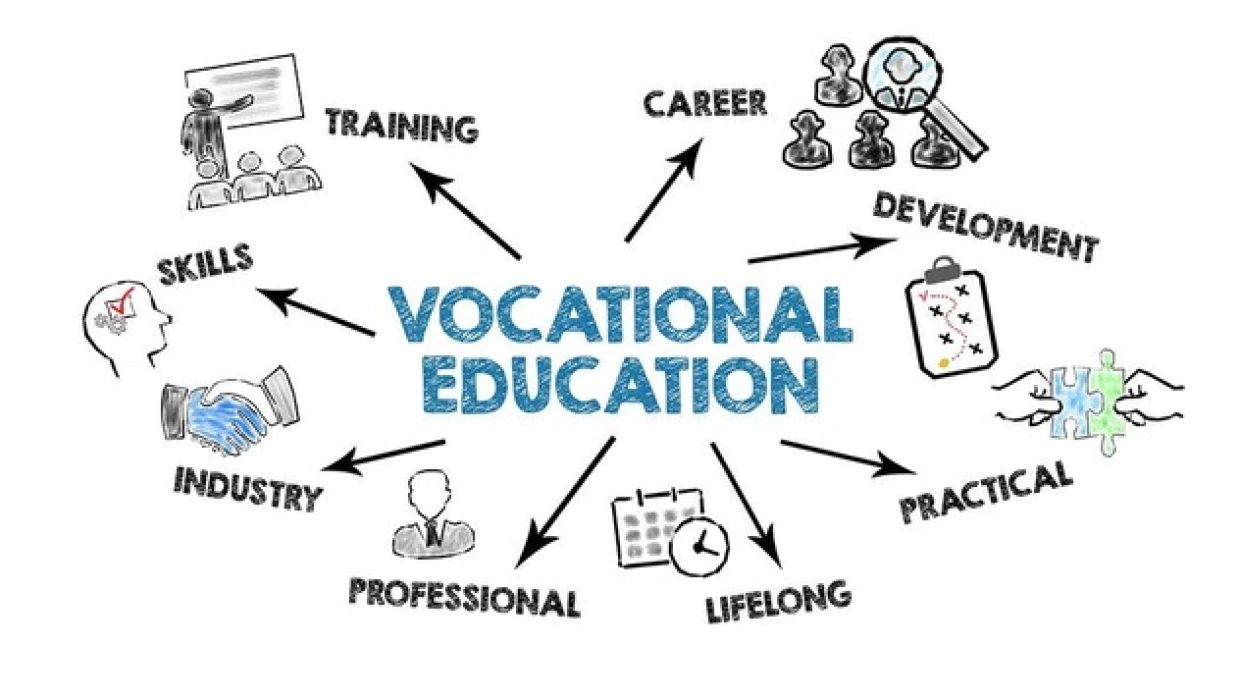








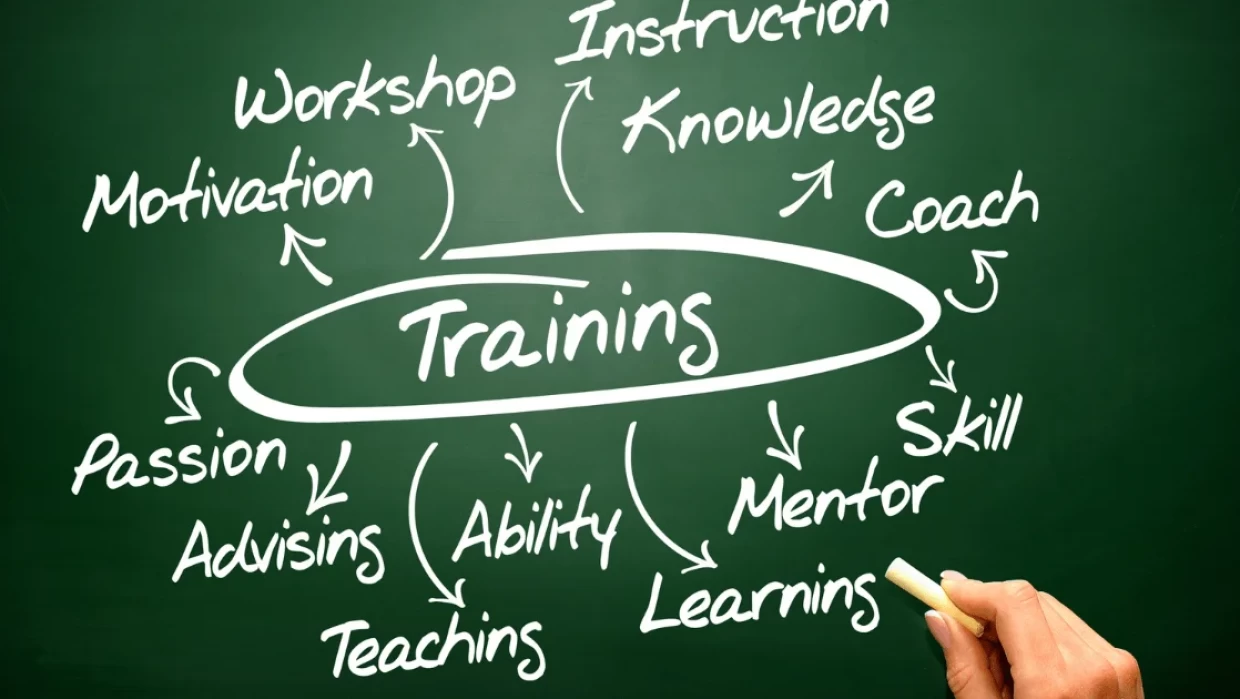


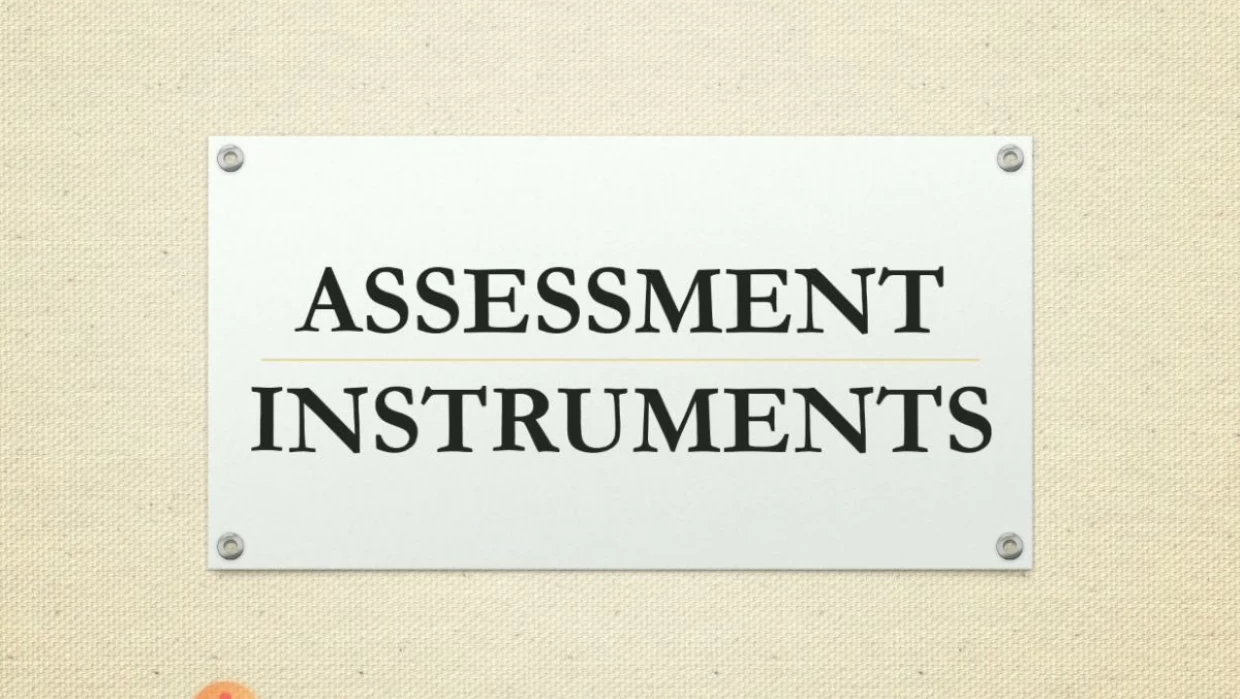





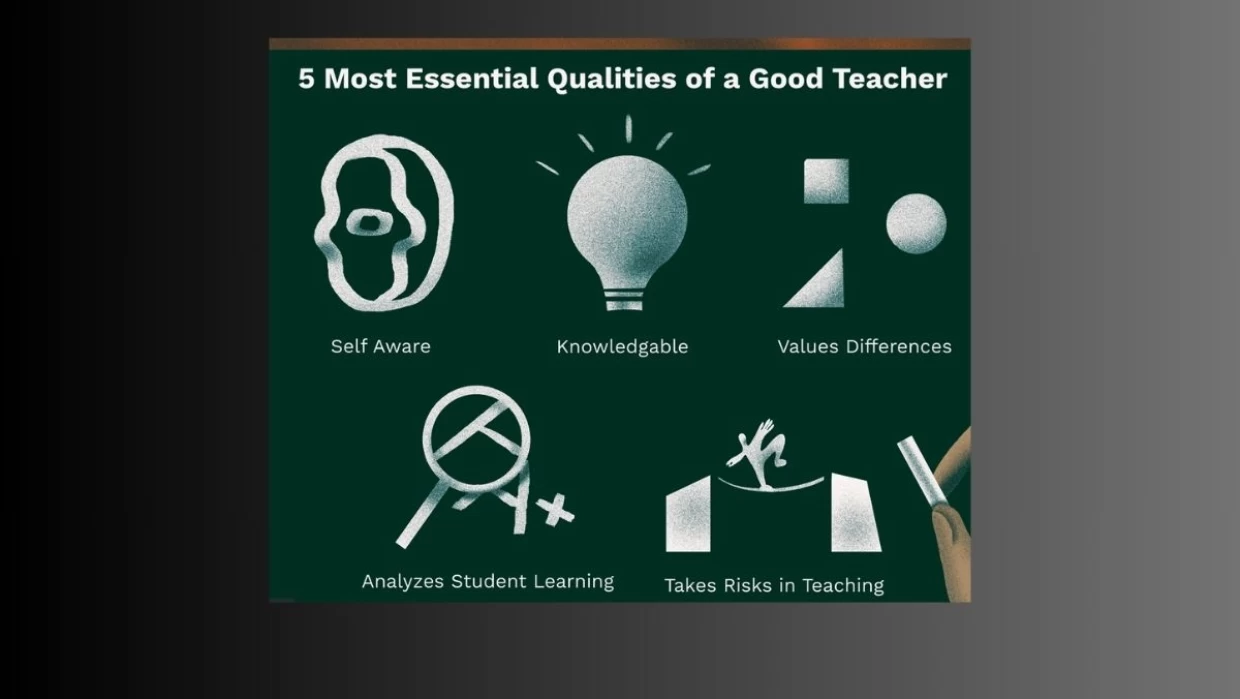
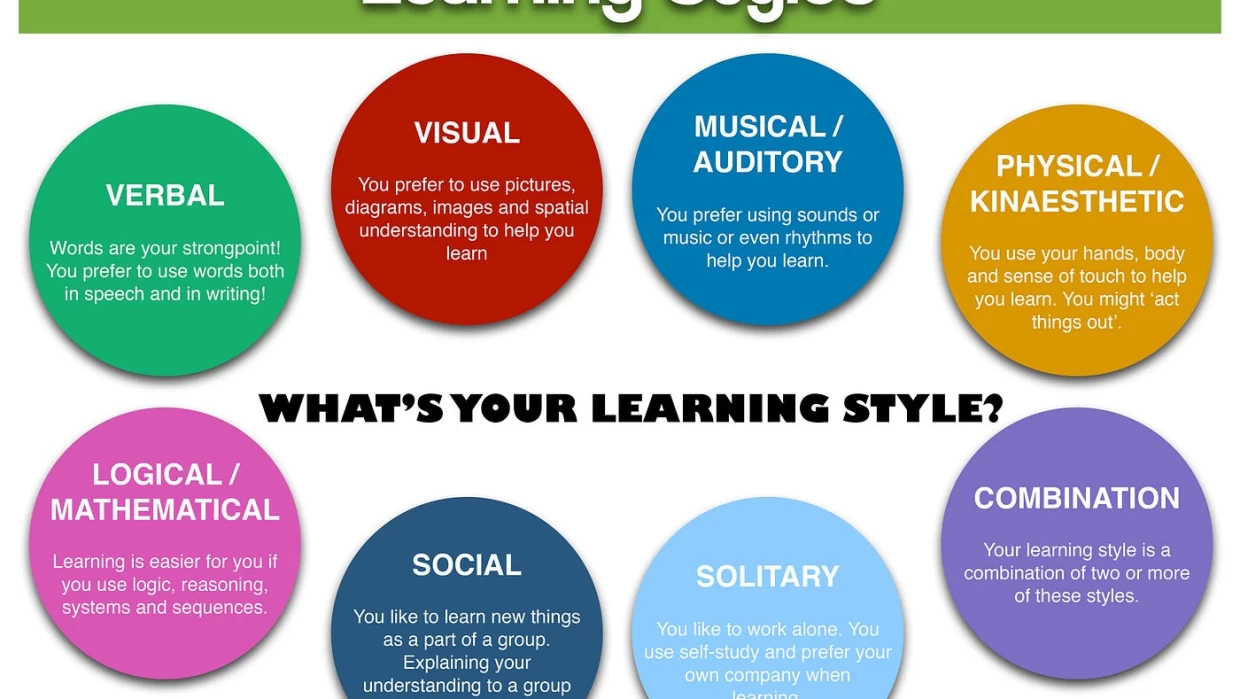
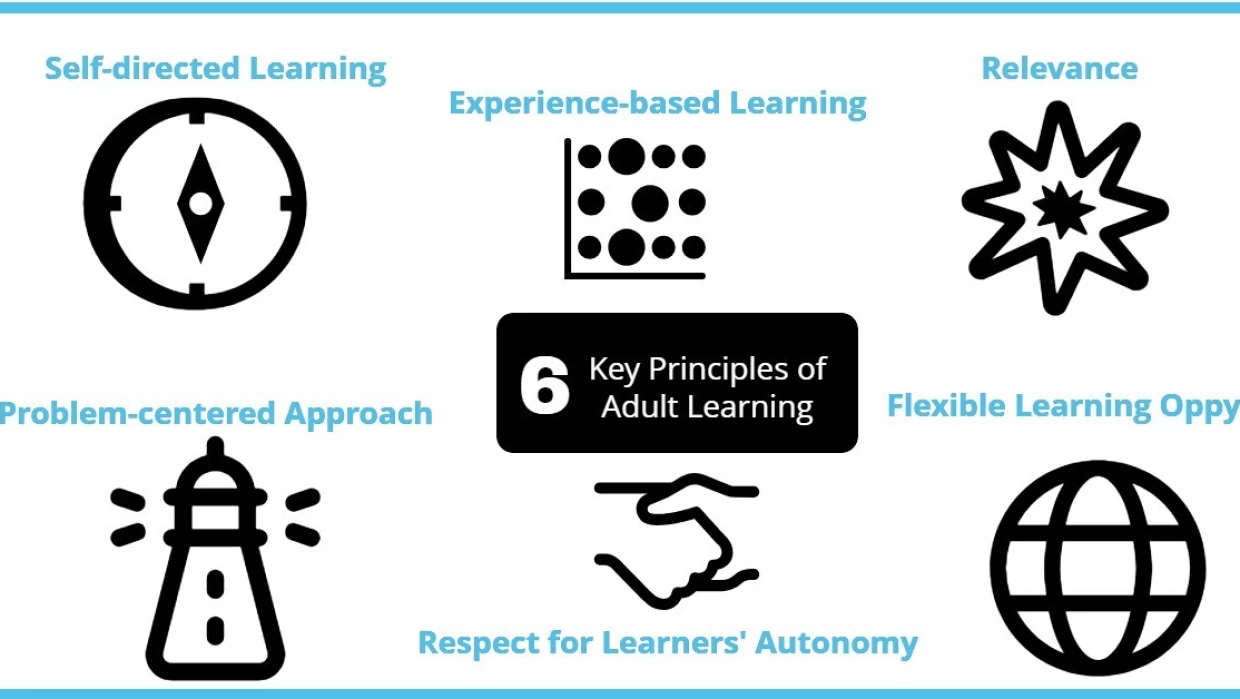














We would be delighted if you could get in touch with us.
Your email address will not be published. Required fields are marked